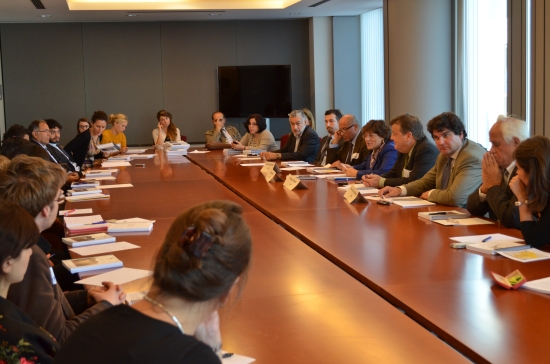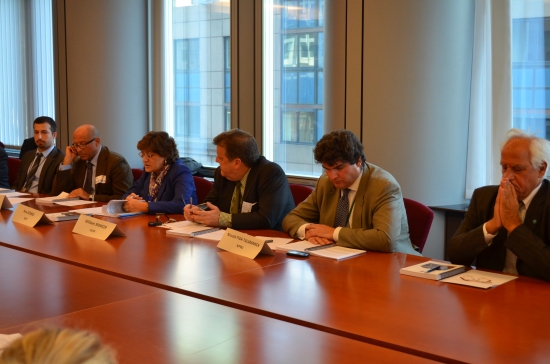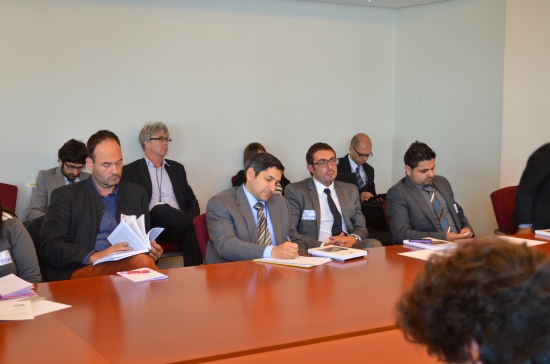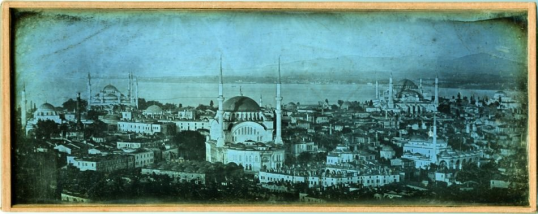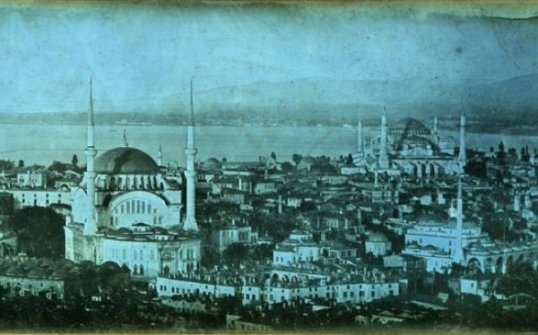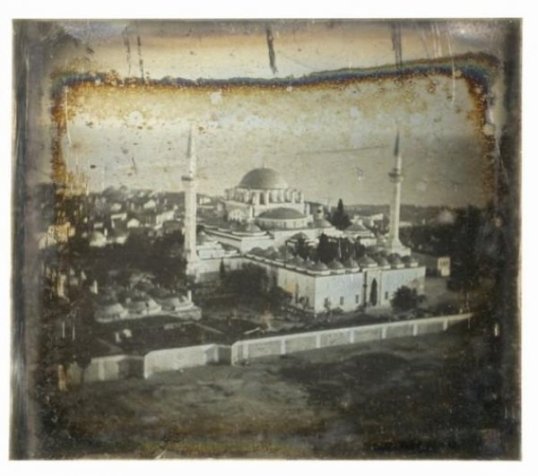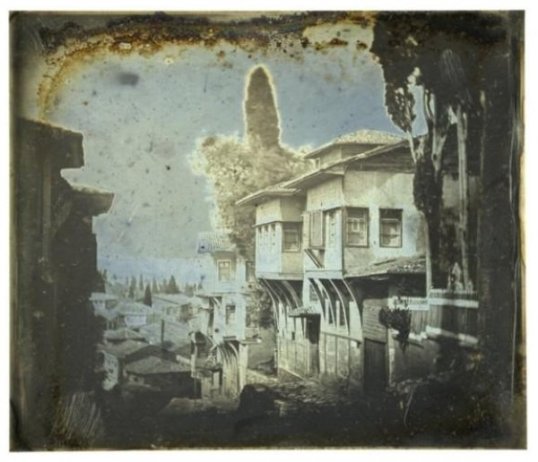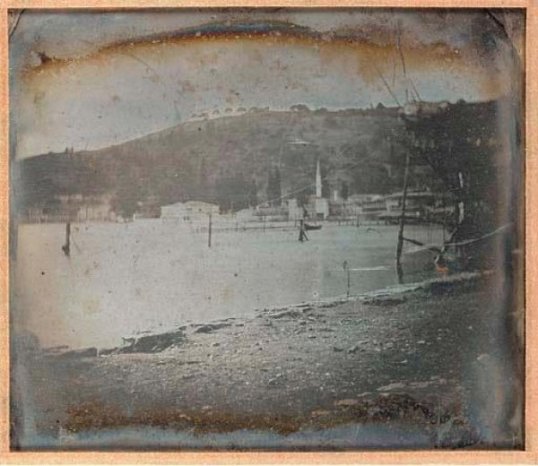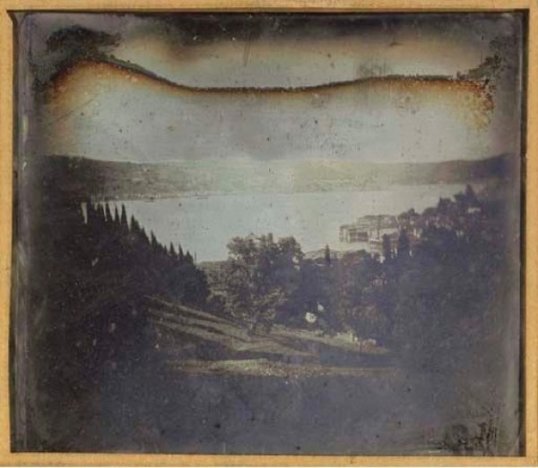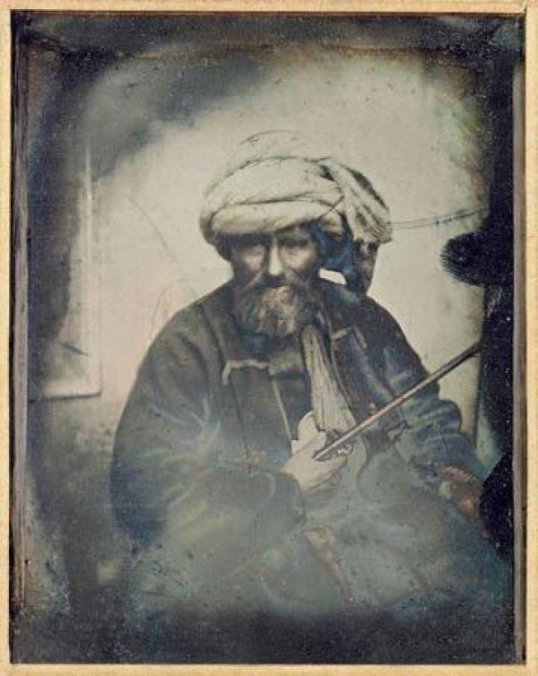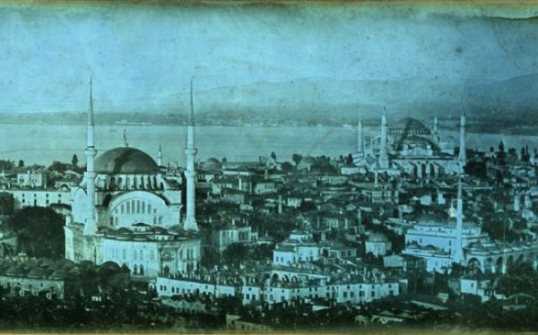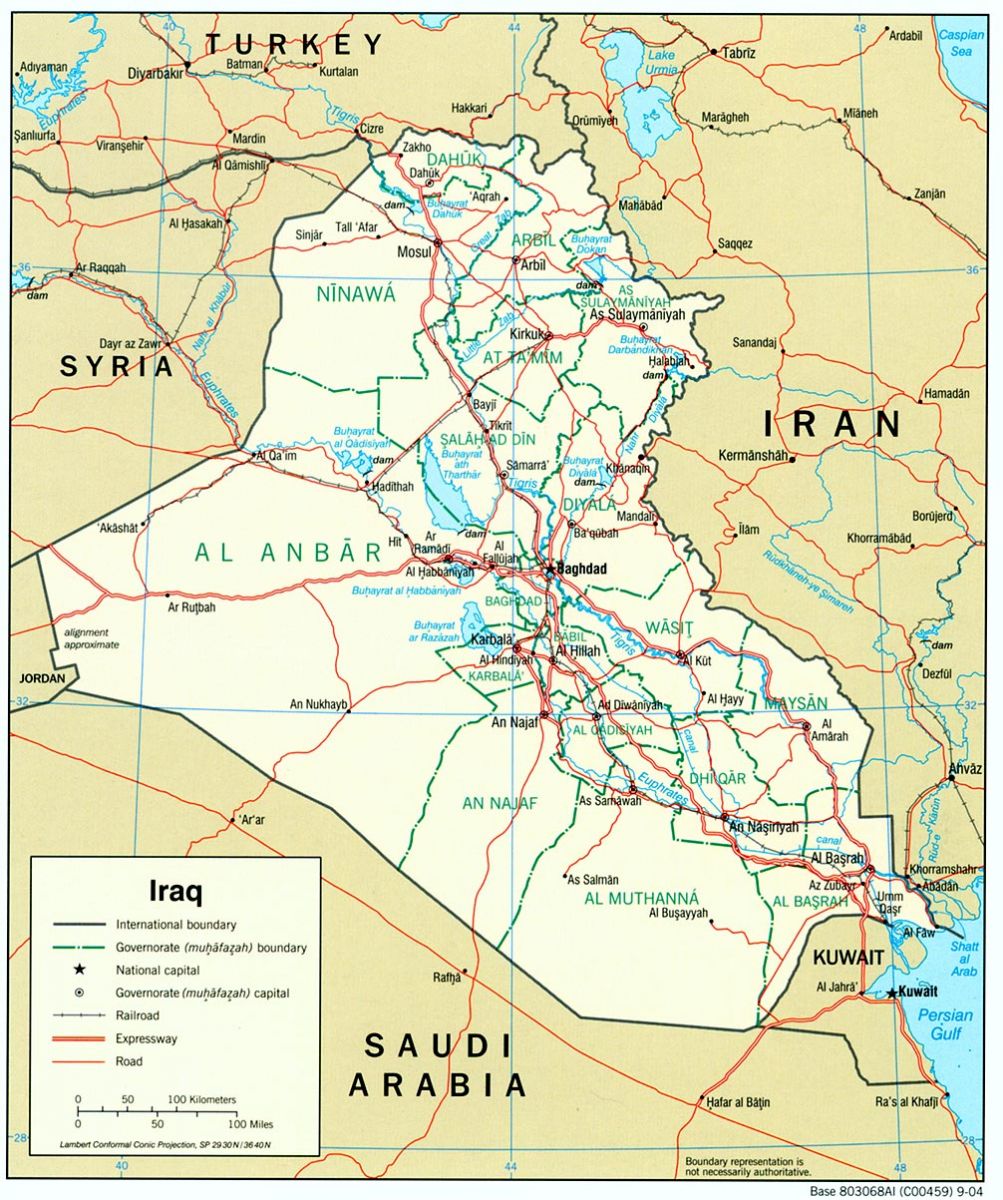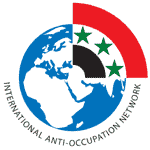Iraq and Turkey decided to improve relations between the two countries after a meeting between their foreign ministers in the Turkish capital Ankara last Friday, these relations having gone through a series of disputes in recent years.
The relations between the two countries have been described as historically based and founded on bilateral interests by high-ranking officials from both countries. However, they have worsened as a result of the crisis in Syria and the two countries’ contrasting ways of reacting to it.
Turkey has supported the armed opposition that is bent on toppling the regime led by Syrian President Bashar Al-Assad, while Iraq has been insisting on the need to find a political solution.
However, despite these differences the two countries have been trying to protect their borders and themselves from any spill-over from the conflict in Syria.
The contrasting relationship with Syria has also not been the only cause of disputes between the two countries, since there has also been the issue of cooperation on oil between Turkey and the Kurdish region in northern Iraq.
The two countries have exchanged accusations of each intervening in the internal policies of the other, yet trade relations between them have not been affected by the disputes, and Turkey has remained an important economic partner of Iraq.
In a press conference during his visit to Ankara, the Iraqi Foreign Minister Hoshyar Zebari said that “we agreed to take new steps in order to improve bilateral relations and to open new horizons,” adding that “a new page has begun, opening on new relations.”
A press release issued by the Turkish Foreign Ministry described Zebari’s visit as momentous, saying that “we consider the Iraqi foreign minister’s visit to Turkey to be a contribution to adding momentum to the relations between Turkey and Iraq and further strengthening the cooperation between the two countries.”
Yet, high-ranking officials in both countries were cautious about referring to Zebari’s visit to Ankara, which followed the visit of Volkan Bozkir, the head of the foreign relations committee in the Turkish parliament, to Baghdad and the expected visit of the Turkish Foreign Minister Ahmet Davutoglu to Baghdad.
“Both sides agreed to restore normal relations, but to leave the details to the joint committees that are to meet soon,” Ersat Hurmuzlu, an adviser to the Turkish president, told Al-Ahram Weekly.
While the two countries are trying to build good will, some political analysts have been sceptical. The Turkish daily Aydinlik commented in its coverage that “Iraqi Prime Minister Nuri Al-Maliki has forced [Turkish Prime Minister Recep Tayyip] Erdogan to take a step back,” adding that “the Iraqi central government has requested a guarantee of non-interference as a condition of better relations between the two countries, a request that the Turkish side has accepted.”
Abdel-Amir Al-Majar, an Iraqi political analyst, said that “Iraq and Turkey need each other, and there is no way before both states but to cooperate. Turkey is Iraq’s gateway towards Europe, while Iraq is Turkey’s gateway towards the Gulf States. This was and still is the basis of the relations between them.”
“The Syrian crisis has had an impact on the relations between Iraq and Turkey, and there has recently been an international consensus on the need to find a peaceful solution to the crisis, as Iraq has long insisted. As a result, it is necessary to restore good relations between the two countries in order that they can discuss a Syrian solution. Though neither country has the ability to solve the crisis, there are many important issues that need to be discussed.”
Good relations between Iraq and Turkey will affect the region as a whole, and after meeting with the Iraqi delegation Turkish President Abdallah Gul expressed his satisfaction with the increasing level of cooperation between the two countries.
He was quoted as saying that “not only will our two countries benefit from strong cooperation between Turkey and Iraq, but so will the region as a whole.”
Gul described the recent upsurge in terrorist activities across Iraq as a “source of distress not just for Iraqis but for all Turkish people as well”. He added that Ankara would continue to support “the efforts of Iraqi politicians to bring stability to the country”.
A statement issued by the Iraqi prime minister’s office after the meeting said Al-Maliki had accepted an invitation from his Turkish counterpart to visit Ankara in the near future, adding that “Al-Maliki stressed that Iraq was keen to develop bilateral relations.”
Al-Maliki has also formally invited Erdogan to visit Iraq.
While Iraq and Turkey have decided to open a new page in relations between the two countries, the joint committees tasked with sorting out the details still have much work to do in making this into reality.







